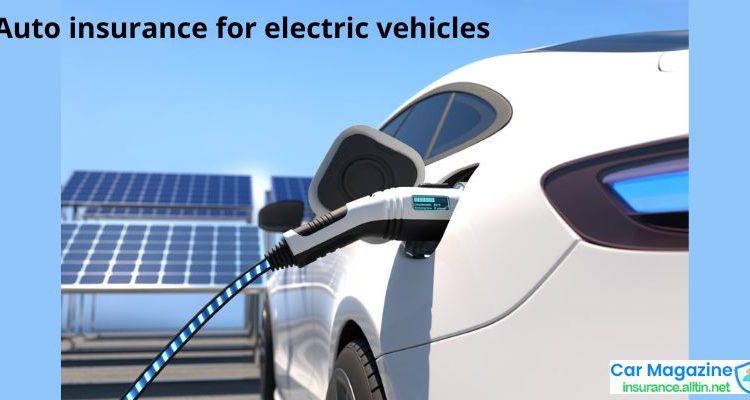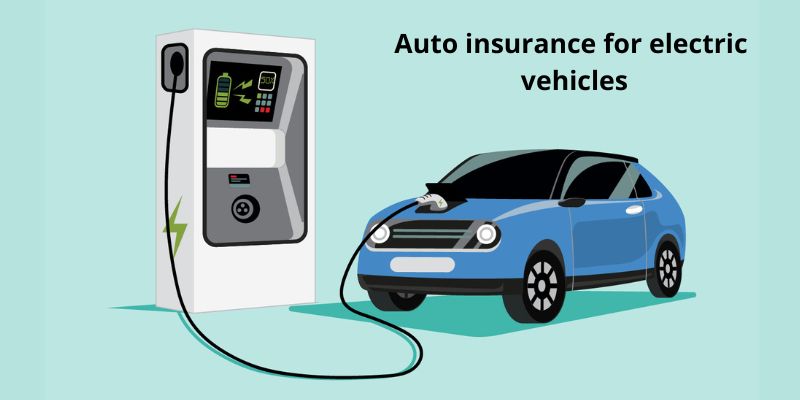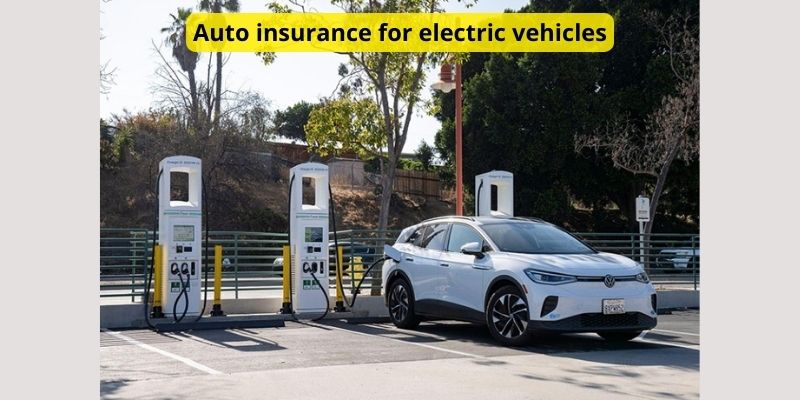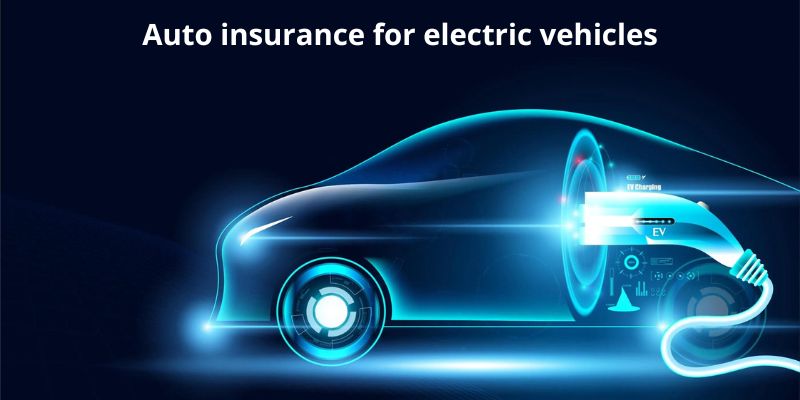
In June 2022, Auto insurance for electric vehicles increased to more than $5 per gallon—a record-breaking increase that AAA has not seen in the 22 years it has been tracking gas prices. Many drivers may be giving electric cars a serious look because of the shock they experienced at the gas pump.
Many drivers have already made the transition. According to the Argonne National Laboratory, a U.S. Department of Energy multifunctional science and engineering research center, there were 73,608 plug-in car sales in the U.S. in May 2022, a 46% increase from May 2021.
However, due to the fact that electric vehicles can be more expensive to insure than their gas-powered counterparts, you might be hesitant to make the transition. You’ll discover that the added expenses can be rather small and that the top Auto insurance for electric vehicles providers can offer you a solid policy for a reasonable fee. insurance.alltin.net will provide some of inforamtion for you in this post.
What Is an Electric Car?

The US Environmental Protection Agency classifies electric automobiles as “green vehicles,” which are those that primarily run on fuels other than gasoline and diesel. Electricity, hydrogen, compressed natural gas, ethanol, and biodiesel are examples of alternative fuels.
Here are a few Auto insurance for electric vehicles:
Electric vehicles (EV)
Auto insurance for electric vehicles (EVs) substitute an electric motor for an internal combustion engine (ICE) and a battery for a gas tank. EVs don’t have tailpipe emissions, and their overall emissions are usually lower than those of gasoline-powered vehicles.
The Chevy Bolt, Nissan Leaf, and Tesla Model 3 are a few examples of Auto insurance for electric vehicles models.
Plug-in hybrid electric vehicles (PHEV)
These are hybrid cars that run on both fuel and electricity. PHEVs have an ICE, a gasoline tank, a battery, and an electric motor. PHEVs use both gasoline and electricity as fuel sources, and when using gasoline as a fuel source, they emit tailpipe emissions.
The Honda Clarity PHEV, Ford Escape PHEV, and Toyota RAV 4 PHEV are a few PHEV vehicle examples.
Hybrid electric vehicles (HEV)
These vehicles combine an electric motor with a gasoline engine. Only the stereo, air conditioner, and heater are powered by a “mild” HEV battery. A “full” HEV operates at greater speeds like a gas-powered automobile and at lower speeds like an electric car.
The Ford Fusion, Toyota Prius, and Honda Insight are a few examples of HEV vehicles.
Electric Car Insurance Costs

An examination of 41 of the most popular electric car models by Forbes Advisor revealed that the average annual premium for an electric vehicle (EV) in the country was $2,280. However, the price of your Auto insurance for electric vehicles will vary based on your car and other expense factors.
For instance, according to our data, the Toyota RAV4 hybrid was the least expensive electric vehicle to insure ($1,776), while the Porsche Taycan was the most expensive ($4,683).
Cost factors for Auto insurance for electric vehicles frequently include:
- Your driving history, including any infractions and incidents that you caused
- Your history of claims
- Driving history
- Your residence
- The level of insurance you select
- Your automobile insurance deductible sum
- (Except in California, Hawaii, Massachusetts, and Michigan) Your credit-based insurance score.
Why Do Electric Cars Cost More to Insure?
When Auto insurance for electric vehicles companies establish their rates, they take into consideration past claims for vehicles that are comparable, among other factors. For instance, if your electric car model has a history of high-cost and/or frequent claims, insurance costs will typically be higher for all owners of the model.
Insuring an electric vehicle may be more expensive for the following reasons:
- Replacing components. Electric parts are frequently more expensive to repair and replace than their non-electric counterparts. According to a survey from CCC Intelligent Solutions, a data provider to the automotive, collision repair, and Auto insurance for electric vehicles industries, replacement parts for an EV are 2.7% more expensive than replacement parts for a gas-powered car.
- Batteries for electric vehicles. According to GreenCars, a website that offers information and services for electric car purchasers, the cost to repair a broken battery in an EV can range between $5,000 and $15,000.
- Repair services. Because repairing EVs requires specialized skills, facilities could charge more for repairs.
Which Companies Sell Electric Car Insurance?

Most Auto insurance for electric vehicles providers will normally allow you to insure an electric vehicle. Similar to purchasing insurance for a gas-powered vehicle, you’ll be able to purchase the three primary categories of auto insurance: liability, collision, and comprehensive.
Some insurance providers provide discounts to owners of electric vehicles. Depending on the business, these may be referred to as “green car discounts” or “alternative fuel discounts.” The following insurance companies provide discounts for electric vehicles (availability may differ by state):
- AIG
- Arbella
- Farmers
- Mercury
- Travelers
How to Save on Electric Car Insurance
Here are some strategies for lowering your Auto insurance for electric vehicles costs if you plan to purchase an EV.
- Compare prices. Comparing Auto insurance for electric vehicles quotes from many insurers is the easiest approach to find a deal.
- Ask for reductions. You may be able to get even greater price reductions through car insurance discounts for safe drivers, good students, and bundling your vehicle and home insurance, while some insurers do provide green car discounts and alternative fuel rates.
- Consider a pay-per-mile program. A pay-per-mile Auto insurance for electric vehicles plan can be the best option for you if you only use your electric vehicle for short distances.
- Get rewarded for driving safely. Use your insurer’s usage-based insurance program, which monitors safe driving habits including speed, cornering, hard braking, and cell phone use, if you are a careful driver.




